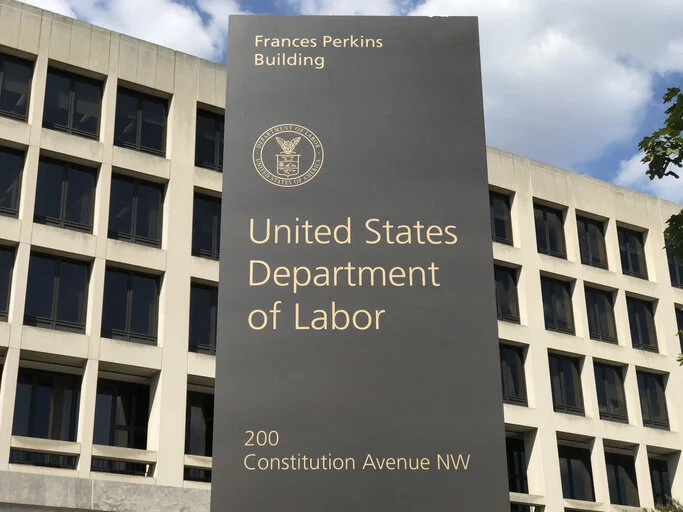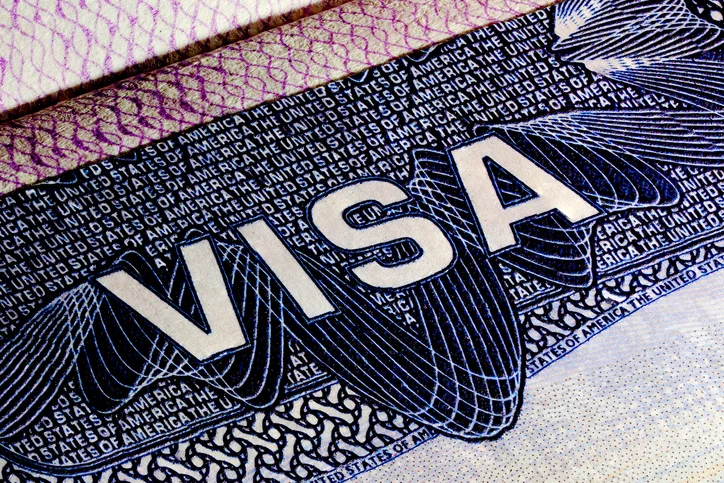The Department of Labor is once again trying to change the formulas by which it calculates the prevailing wages for H-1B, H-1B1, E-3 and PERM. The DOL has released an advance copy of its new final rule that would make changes to the computation of prevailing wage levels. The final rule is currently pending publication in the Federal Registrar and is expected to take effect 60 days after it is published. However, it is likely that this effective date will be further extended as President-Elect Biden's transition team has indicated that his administration will issue a memorandum on January 20, delaying implementation of regulations issued since the election but not yet effective.
The Department of Homeland Security (DHS) is changing the way the annual H-1B lottery is conducted so that priority is given to registrations with the highest wage level. This final rule will be published on January 8 (tomorrow), and take effect 60 days thereafter on March 9, 2021.
Read MoreIn yet another attempt to restrict the H-1B visa program, the Department of Homeland Security (DHS) has announced that it plans to change the process by which the annual H-1B lottery is conducted so that priority is given to registrations with the highest wage levels.
Read MoreAccording to a notice released on Wednesday this week, the U.S. Department of Labor (“DOL”) plans to adjust the prevailing wage requirements for the H-1B visa and permanent residence process. These adjustments also will affect the E-3 visa for Australian professionals and the H-1B1 visa for professionals from Chile and Singapore.
Read MoreThree federal courts across the United States have temporarily suspended the enforcement of the Department of Homeland Security’s new “public charge” rule, which was set to take effect on October 15, 2019. This new rule redefines how the agency can determine whether a foreign national is at risk of needing public assistance, which would make the foreign national ineligible for admission, extension of status, or permanent residence.
Read MoreThe Department of State (DOS) has issued its November 2019 Visa Bulletin. Overall, most employment-based categories this month had little advancement. (Employment-based (“EB”) category 1 for all nationals (except for India and China) advanced by little over a month. EB-1 for China moves forward three months and EB-1 India remains the same. The EB-2 category for all nationals continues to be current. China has a two and a half month advancement, and India advanced by one day. The EB-3 category is current for all nationals except for China and India, which saw no change from last month. The Philippines moves forward by three and a half months.
Read MoreThe publication of a proposed rule that would rescind the H-4 EAD has been delayed until at least spring 2020. In a letter submitted by the Department of Homeland Security (“DHS”) to the U.S. Court of Appeals for the District of Columbia last week, the agency confirmed that while it still plans on publishing a rule to repeal the H-4 EAD, the proposed rule is still undergoing interagency review. DHS also stated that the spring 2020 date was “aspirational.”
Read MoreUSCIS confirmed this morning through publication of a final rule that it would change the order in which it runs the annual H-1B visa lottery to maximize selection of candidates with US Master's degrees.
Read MoreRecent third party intervention has ensured that litigation over the H-4 EAD will move forward. Immigration Voice, a group representing high-skilled foreign nationals, filed a Motion to Intervene with the federal court where the case has been pending (“held in abeyance”) since March 2017 due to government delay. That motion was granted on December 17, 2018, and the Court has ordered the case to move forward. Opening briefs are due in January 2019.
The Ninth Circuit Court of Appeals issued a decision (Ma v. Sessions) earlier this month, upholding the removal order of an H-1B worker whose timely filed H-1B extension petition was denied and whose following application for permanent residence based on employment also was denied. The court reasoned that the H-1B worker was not eligible for permanent residence because he had more than 180 days of unlawful status by the time he had filed his application for permanent residence. The H-1B worker argued that he was in lawful status while his H-1B extension petition was pending because the regulations automatically extend work authorization during this time and that he only started accruing unlawful status once his extension petition was denied. The court disagreed. It held that such work authorization does not constitute “lawful status” and that the H-1B worker had ceased to be in lawful status once the underlying petition had expired. As such, the H-1B worker had well over 180 days of unlawful status at the time he applied for permanent residence and was not eligible for any relief.
Read More









